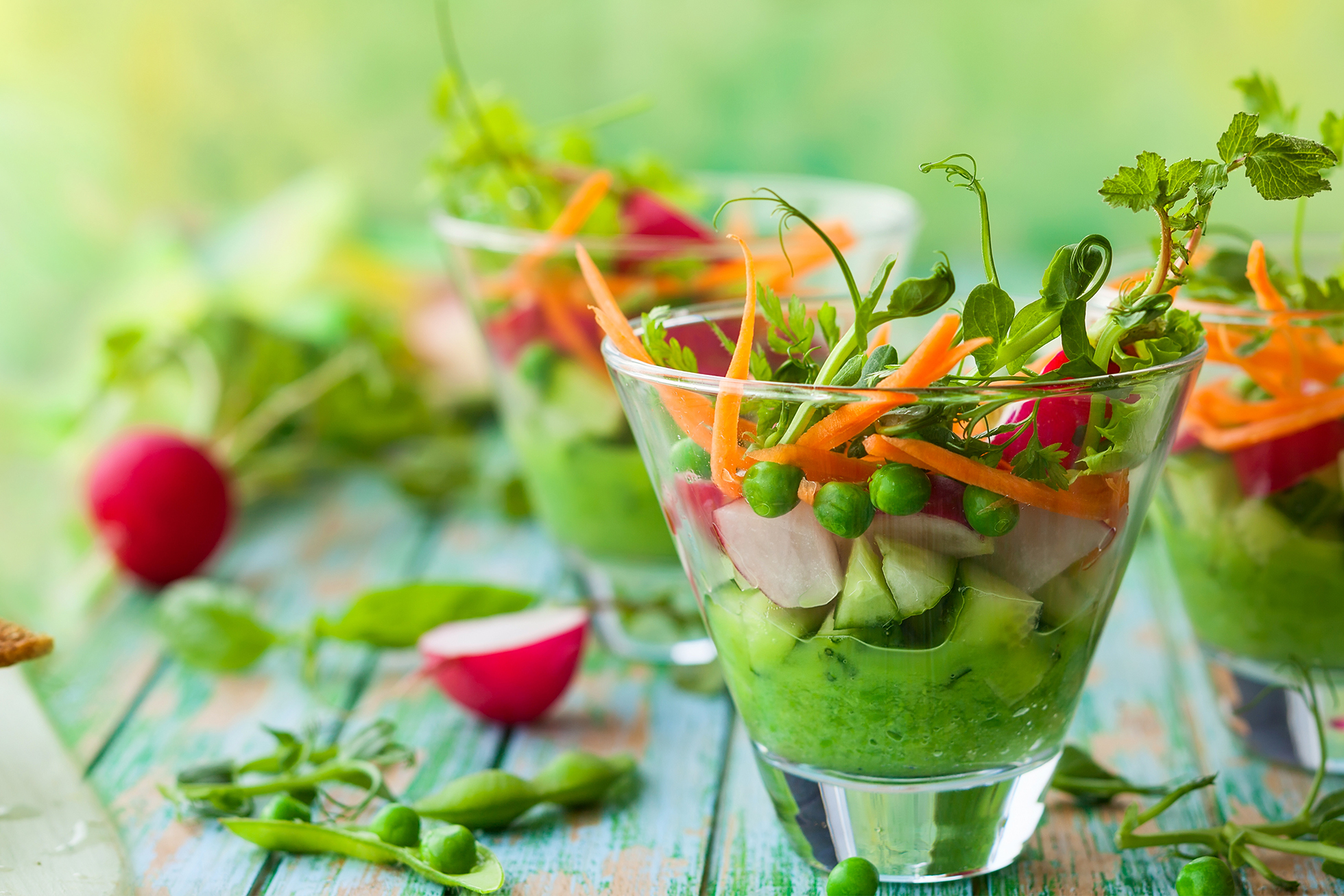I will be the first to admit that I do not track what I eat and drink religiously. I will be very good about tracking everything I put into my body for a period of time and then just kind of stop…and it never fails…when I stop tracking I make very different choices and always gain weight. These choices include me eating and drinking foods that I likely would not have chosen if I would have had to track them. They are generally non nutritious foods and drinks, loaded with hidden calories and ingredients that are not naturally found. Eating and drinking like this never fails…I always gain weight, feel sluggish, have problems sleeping, and crave processed foods more than ever. Proof – tracking your food really does matter.
Tracking Foods – The Way to Hit Your Goals
Whether your goal is to be a competitive athlete, gain muscle, lose weight, or just live your best life, food tracking is a necessity. Putting foods into your body in which you have no idea what’s in them is like filling your car up at the gas pump with mystery fuel. Would you actually do that to you car? Your answer is probably no because you would be taking a huge gamble on what would happened due to the mystery fuel. So, if we would never do this to our car, why do we do this to our bodies?
Why Tracking Your Food Matters
- Tracking your foods makes you more aware of what you are putting into your body – you may find that simply having to write something down while viewing the nutritional value may cause you to make a different choice.
- You can see what you are getting from foods and drinks – are they loading with protein and healthy fats or dense with carbs and added sugars?
- It helps you learn portion control and make better future decisions by understanding what healthy portions should look like.
- Aids in understanding daily caloric and nutritional needs – what does your body actually need when it comes to nutrition.
- Monitor how you feel after you eat and drink certain foods – this is where an old fashioned journal comes in handy, where you can make notes on how you feel after eating or drinking.
- Creates an understanding of why choosing whole natural foods should be chosen over highly processed packaged items – the difference in ingredients and nutritional content is astounding!
Downsides of Tracking Your Food
- It is easy to become obsessed with – depending on your personality type.
- It can create a negative relationship with foods.
Tracking Food – Just Do It
When it comes down to it, what really do you have to lose by tracking your food and beverages? Absolutely nothing. The only thing you are risking is making different choices, which more than likely will positively impact your life.
How to Track Foods
Tracking what you eat and drink can be super basic, meaning grab a pen and paper and simply jot down everything you eat and drink everyday. The nice part about using a pen and paper as you can track other things such as how that food/drink effected you after, that night, and even the next day. If you are looking for something a little more techy, there are tons of apps you can download for free that will help you track food, drink, and even exercise. Remember, even if you forget to track for a day or even a week just get right back to it!


